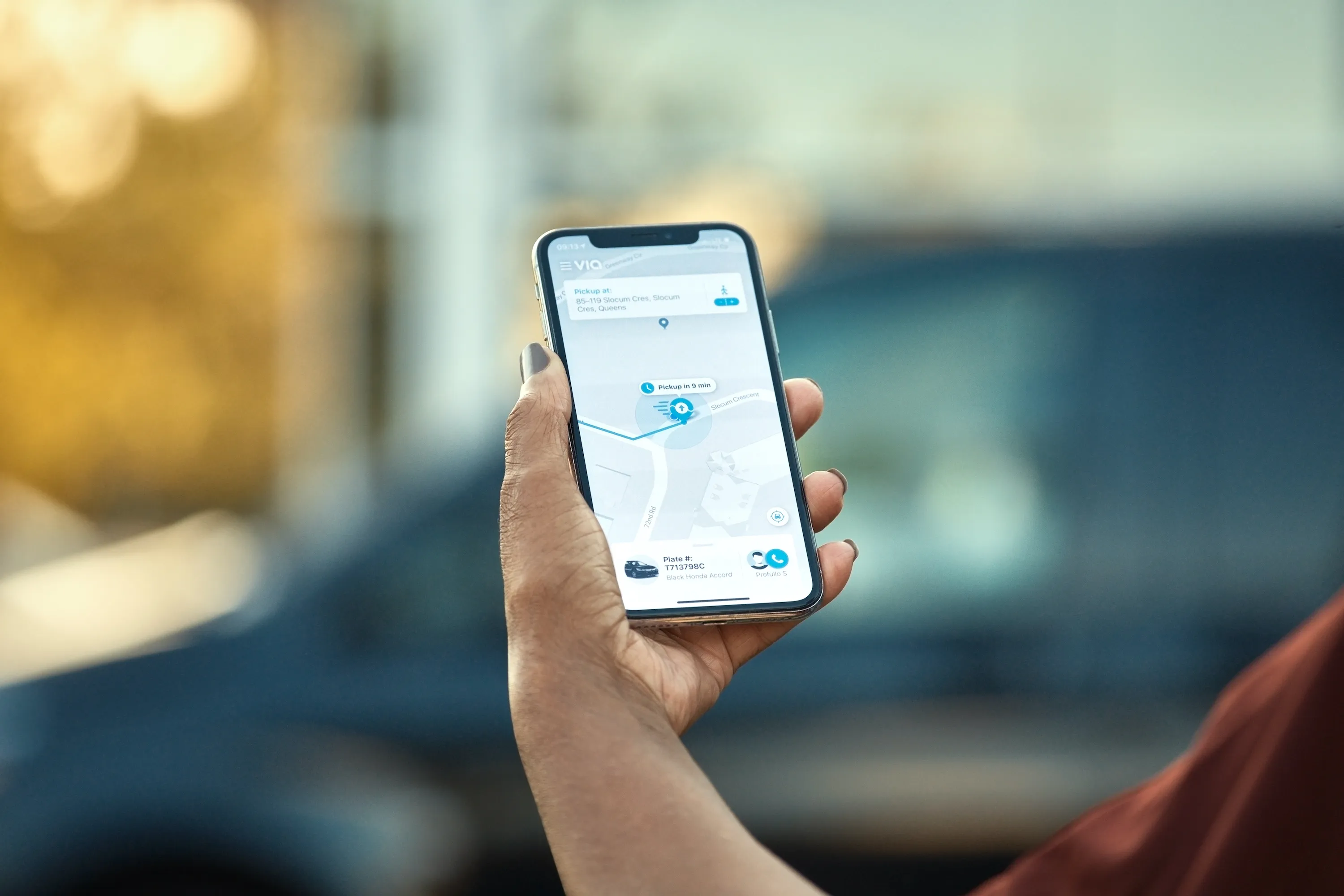
ViaVan and the Zurich Transport Authority (VBZ) in Switzerland are launching an on-demand transport service to fill gaps in the evening when transport is less available.
The Pikmi service will operate from 8.00 pm to midnight using shuttles from vehicle provider Mobility's daytime operations.
Pikmi’s operating area includes the Zurich quarters of Altstetten and Albisrieden in District 9 and the Triemli and Hardplatz transport hubs.
The 18-month trial is seeking to demonstrate how technology can increase efficiency in public transport while reducing private vehicle traffic.
The Pikmi mobile app – developed by ViaVan – provides information on expected waiting time until pick-up and the route to the nearest stop.
ViaVan says its technology matches multiple passengers headed in a similar direction into a single vehicle and calculates the most efficient route in real-time.
ViaVan CEO Chris Snyder says: “ViaVan’s algorithm enables fast and efficient shared journeys that avoid unnecessary detours and long wait times, and at the same time reduce traffic and emissions.”
Pikmi operates along existing VBZ stops in the operating area as well as 150 additional virtual bus stops.
VBZ director Guido Schoch, says: “Thanks to the dense network of stops, the next Pikmi stop for our customers is right around the corner.
Passengers require a general VBZ public transport pass to access a ride.
Face masks are mandatory, and passenger capacity has been reduced from five to three seats to provide more distance.
Those without smartphones can book a ride by telephone with a customer service agent.
VBZ will evaluate the service with the Institute for Transport Planning and Systems at ETH Zurich.
Michael Baumer, head of the industrial companies of the city of Zurich, says: “It has become clear as a result of the Covid-19 pandemic that we have to respond to new challenges with innovative ideas."
"It is therefore important to test new technologies in operation. In addition, the pilot project, which is part of the city’s strategic focus areas, is another step for Zurich towards becoming a smart city.”








